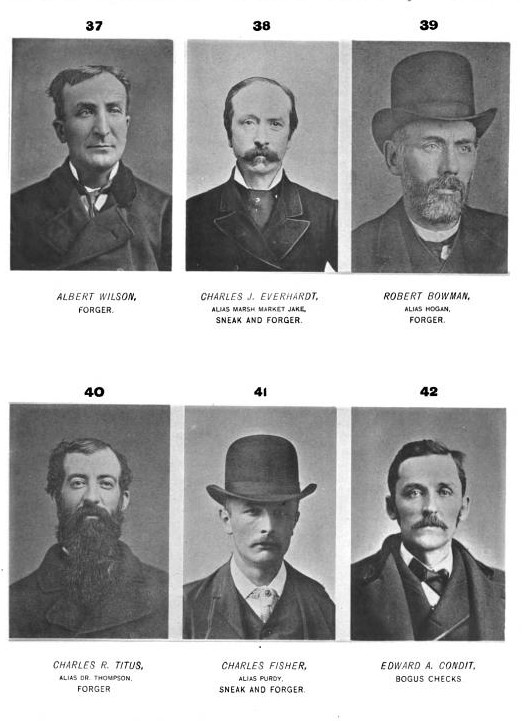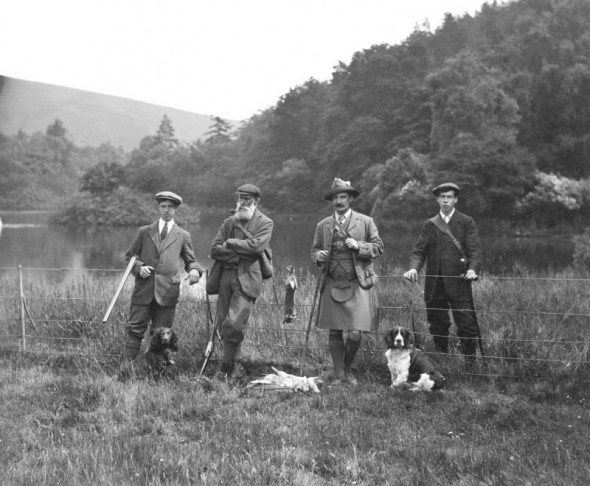No other two languages are as unalike as the English spoken by Americans and Britons, and countless sociological tomes and travel guides of the Edwardian period devoted a considerable number of pages detailing the differences. Not only did vocabulary vary, but the spelling, and most acutely, pronunciation of words immediately marked one as quintessentially English or quintessentially American. In her memoirs, Consuelo Vanderbilt Balsan mentioned her anxiety when she first moved to England, for she was expected to modulate her voice, to adopt the low-pitched, slightly muffled tones of her new English relations, and of course rid her speech of any Americanism. Since we have few recordings of speech from the late 19th century, and even fewer, if any, recordings of upper class voices, who knows what difficulties Americans faced regarding their speech when traveling abroad, but those wishing to take part in the transatlantic social whirl were schooled rigorously on the correct pronunciation of certain, mystifying English words.
Pall Mall, the center of London’s club life, was pronounced “Pell Mell”
| Surname | Pronunciation |
|---|---|
| Beaconsfield | Beckonsfield |
| Beauchamp | Beecham |
| Belvoir | Beaver |
| Bourne | Burn |
| Cholmondeley | Chumley |
| Cockburn | Coburn |
| Colquhoun | Cohoon |
| Cowper | Cooper |
| Dyllwyn | Dillun |
| Eyre | Air |
| Froude | Frood |
| Gower | Gore |
| Hairstones | Hastings |
| Kerr | Car |
| Knollys | Knowles |
| Mainwaring | Mannering |
| Marjoribanks | Marchbanks |
| McLeod | McCloud |
| Meux | Mews |
| Ruthven | Ri’ven |
| St. Clair | Sinkler |
| St. John | Sin Jin |
| Urquhart | Urhart or Urkurt |
| Waldegrave | Walgrave |
| Wemyss | Weems |
For those traveling the opposite direction across the Atlantic, American words could be just as frightful:
| US English | UK English |
|---|---|
| Bedspread | Counterpane |
| Chore, odd job about the house done by a man | |
| Deck | Pack of cards |
| Dirt | Earth or soil |
| Elevator | Lift |
| Help | Servant |
| Lines | Reins |
| Parlor | Drawing room |
| Store | Shop |
| An American takes a lady “out” to dinner, | An Englishman takes her “in” |
| First floor | ground floor |



I have noticed that English men and women spell traveller while Americans spell it traveler. Colour and color, centre and center are different.
Hi Chris! I noticed (notised!) that as well when I first began to read books published in England. My US history course cleared up my confusion: Americanized spelling was essentially “created” out of patriotic fervor around the end of the Revolution. Webster wrote his dictionary in the early nineteenth century to show that America was a country of its own rather than an extension of Britain.